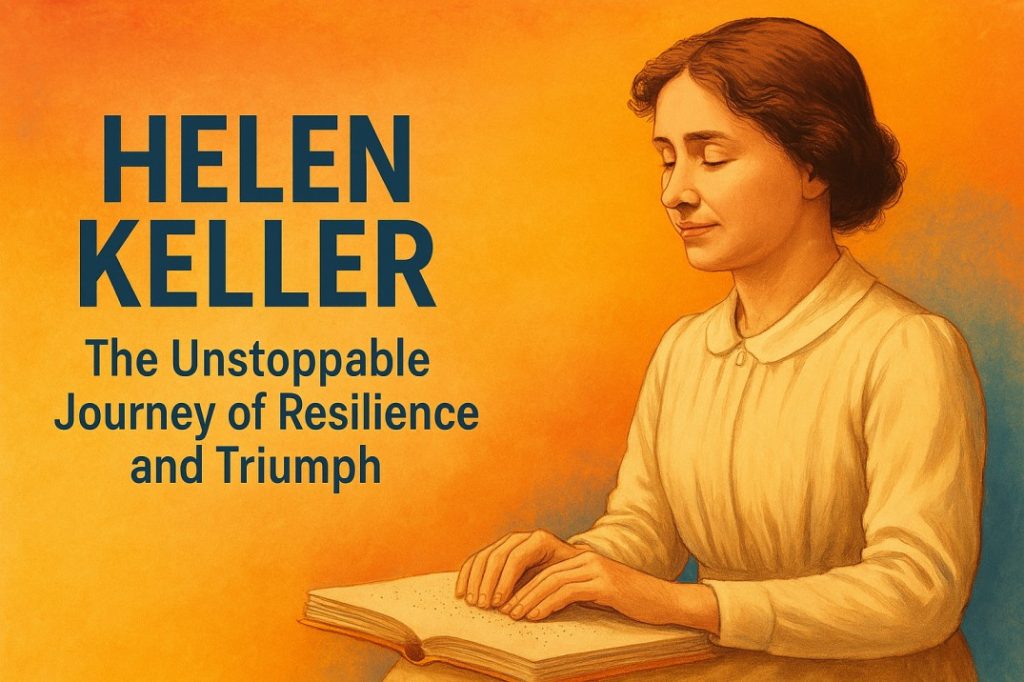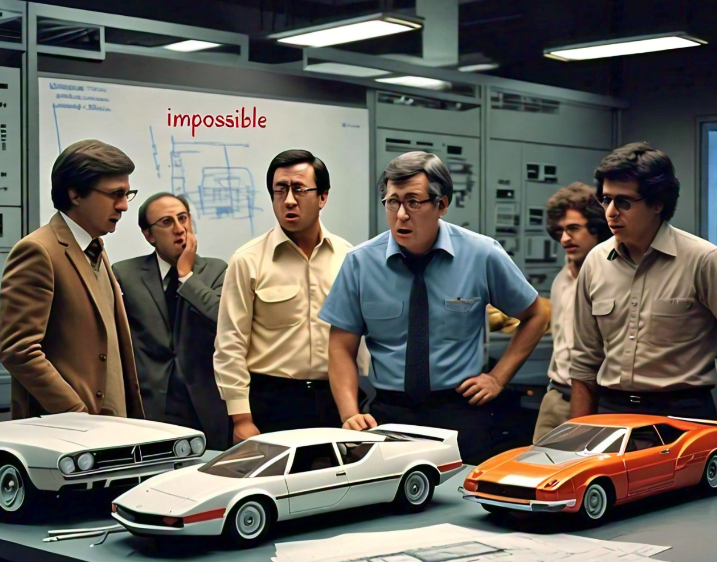There’s a story I once read about a young girl who, at just 19 months old, was struck by an illness that left her both deaf and blind. For most, that would have been the end of the road. Who amounts to something in life without the eyes and eyes? Many would ask. But this girl refused to let her circumstances define her. That girl was Helen Keller. Her story is one of perseverance against all odds, I’ve ever read. It shows us that even in the darkest moments, there is a way to break through and find light. Hellen’s life is a powerful testament to the strength of the human spirit, how far we can go, even in the face of unimaginable challenges. Let’s take a closer look at how Helen turned her challenges into triumph.
Helen Keller was born on June 27, 1880 as a healthy child in Tuscumbia, Alabama, 1880 to Kate Adams Keller and Colonel Arthur Keller. she lost her sight and hearing at just 19 months old due to an illness. In 1882, Helen fell ill with what the family doctor referred to as “brain fever,” causing a high fever. The exact nature of the illness is still uncertain, but some experts speculate it could have been scarlet fever or meningitis. A few days after the fever subsided, Keller’s mother observed that her daughter no longer reacted to sounds, such as the dinner bell, or to visual cues, like a hand being waved in front of her face. Imagine the pain of her m
For most, such a loss would seem like an insurmountable barrier, but for Helen, it became the foundation for an extraordinary journey of perseverance and triumph.
Instead of succumbing to her limitations, Helen found a way to communicate, learn, and thrive. Many thanks to her devoted teacher, Anne Sullivan, who was always there for her. She transformed her from an unruly child, once known for throwing temper tantrums that shook the household, into a disciplined and focused young girl. Helen learned to read, write, and engage with the world through touch. The darkness that once defined her world began to fade as she discovered the power of language and connection. Despite her disabilities, Keller attended Radcliffe College and graduated in 1904. Can you imagine the significant challenges she would have encountered along the way?
Her path wasn’t just about surviving; it was about thriving. Helen became the first deaf-blind person to earn a college degree, an accomplishment that seemed impossible to many. She went on to become an influential author, speaker, and activist, using her platform to advocate for the rights of people with disabilities and inspiring millions with her message of hope and resilience.
What makes Helen’s story even more powerful is her unwavering determination. She didn’t just overcome her challenges—she transformed them into opportunities. Helen once said, “Alone we can do so little; together we can do so much.” Her life shows us that even in our darkest moments, human connection and belief in ourselves can light the way forward.
Helen Keller’s legacy teaches us that the only limits we face are the ones we accept. Her story is a reminder that no matter how difficult life may seem, with determination and the right support, we can rise above anything.
Here are some lessons from her story
- No matter how tough life gets, you have the strength within you to push forward and overcome challenges.
- Success doesn’t come easily, but with hard work, determination and consistency, you can turn obstacles into stepping stones. Yes, you can.
- Having the right people by your side can make all the difference in achieving your goals. We need people to go far.
- Believing in yourself, even when the world doubts you, is the first step toward achieving greatness. Half of the battle is won, if you believe in you.
- Your challenges don’t define your potential; they can become the foundation for something extraordinary. Your scars should serve as a testament to your victories, not your defeat. So, don’t give up when things get tough—sometimes, all you need is to re-strategize or seek guidance.
This is a reminder that you are stronger than you realize. While taking a break is important, let it be a time to recharge and find new ways to move forward, not a reason to settle
Rooting for you, always.
References


